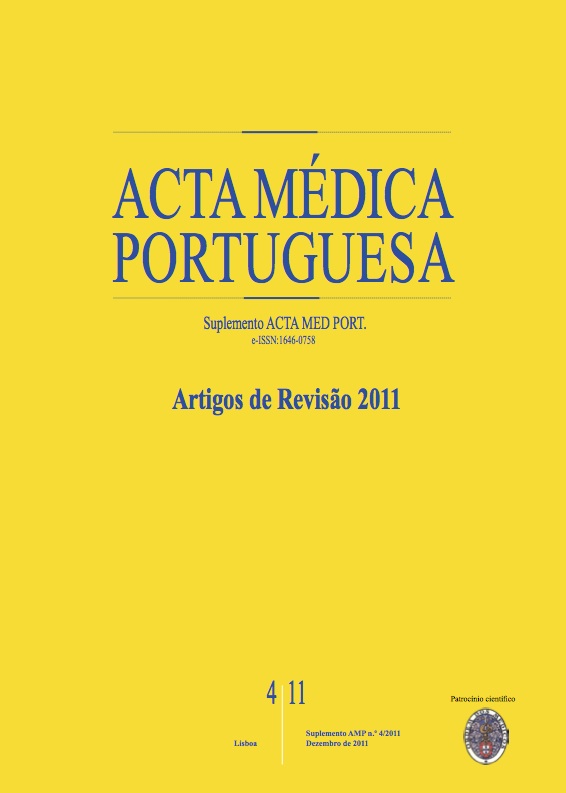Clinical predictive factors for Crohn's disease complications.
DOI:
https://doi.org/10.20344/amp.1559Abstract
Crohn's disease (CD) is a progressive disease that is subdivided in three phenotypes: inflammatory, stricturing, and penetrating. At diagnosis most CD patients have inflammatory disease. However, the natural history of CD evolves over time to structural digestive tract complications (strictures and fistulae) which are associated with hospitalisations and surgeries. Nowadays, there is evidence that early treatment with immunosuppressants and biologics can interrupt the development of inflammation- destruction/fibrosis through its potential to induce complete mucosal healing. The change in CD natural history, mediated by mucosal healing, is associated with a reduction in serious complications (hospitalisations and surgeries). Nevertheless, the clinical course of CD varies considerably between patients and there is still no definition for the timing of immunosuppressants and/or biologics use. This medication is associated to certain risks (lymphomas and opportunistic infections) and the difficulty to predict, on an individual basis, the progression to complications have triggered efforts to identify risk factors that allow at diagnosis to classify patients in high and low risk groups and to tailor therapy. This paper is an updated compilation of evidence of clinical risk factors predictive for CD complications.Downloads
Downloads
How to Cite
Issue
Section
License
All the articles published in the AMP are open access and comply with the requirements of funding agencies or academic institutions. The AMP is governed by the terms of the Creative Commons ‘Attribution – Non-Commercial Use - (CC-BY-NC)’ license, regarding the use by third parties.
It is the author’s responsibility to obtain approval for the reproduction of figures, tables, etc. from other publications.
Upon acceptance of an article for publication, the authors will be asked to complete the ICMJE “Copyright Liability and Copyright Sharing Statement “(http://www.actamedicaportuguesa.com/info/AMP-NormasPublicacao.pdf) and the “Declaration of Potential Conflicts of Interest” (http:// www.icmje.org/conflicts-of-interest). An e-mail will be sent to the corresponding author to acknowledge receipt of the manuscript.
After publication, the authors are authorised to make their articles available in repositories of their institutions of origin, as long as they always mention where they were published and according to the Creative Commons license.









